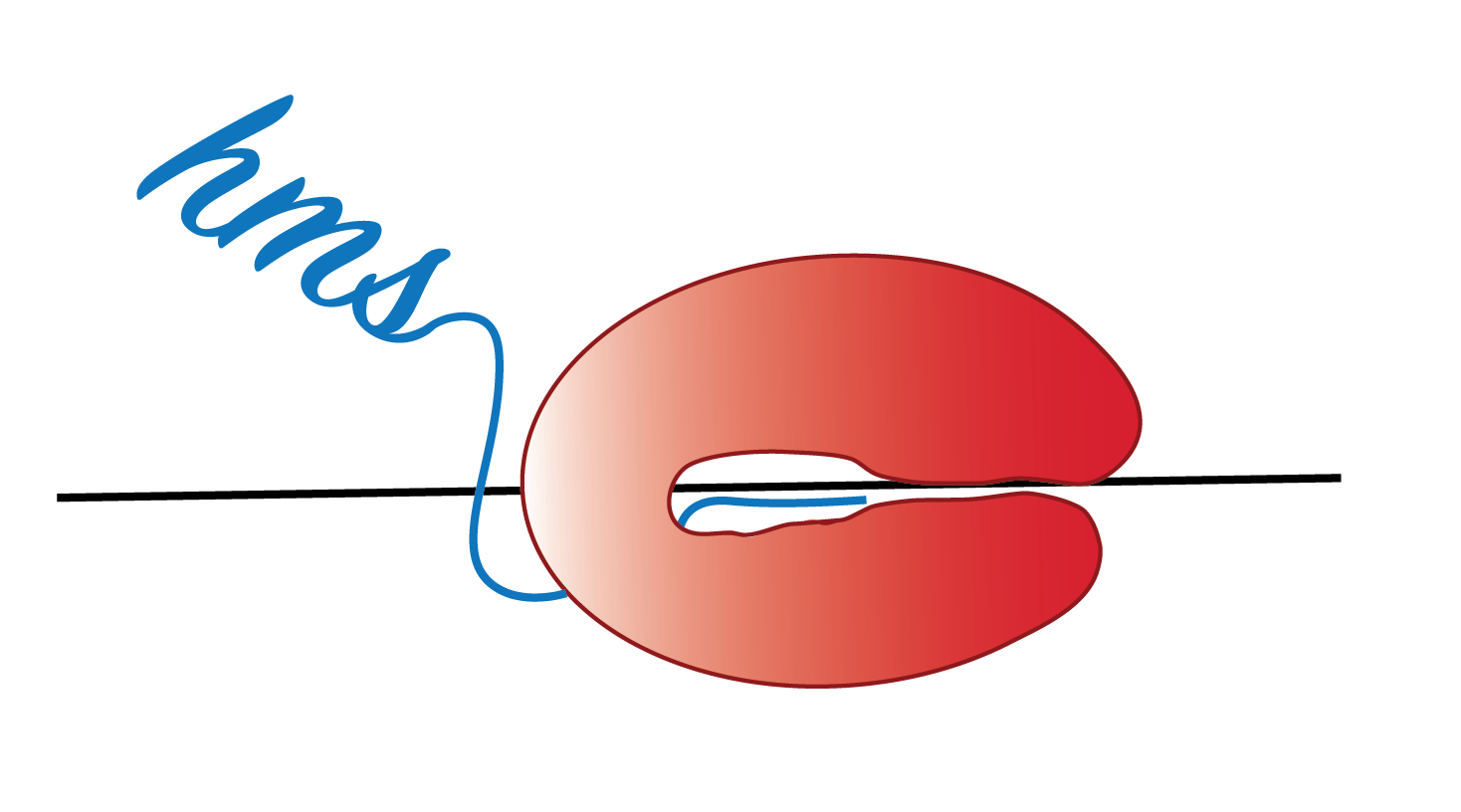Citation:
Jing Luan, Marit W. Vermunt, Camille M. Syrett, Allison Cote, Jacob M. Tome, Haoyue Zhang, Anran Huang, Jennifer M. Luppino, Cheryl A. Keller, Belinda M. Giardine, Shiping Zhang, Margaret C. Dunagin, Zhe Zhang, Eric F. Joyce, John T. Lis, Arjun Raj, Ross C. Hardison, and Gerd A. Blobel. 2022. “
CTCF blocks antisense transcription initiation at divergent promoters.” Nature structural & molecular biology, 29, 11, Pp. 1136–1144.
Abstract:
Transcription at most promoters is divergent, initiating at closely spaced oppositely oriented core promoters to produce sense transcripts along with often unstable upstream antisense transcripts (uasTrx). How antisense transcription is regulated and to what extent it is coordinated with sense transcription is not well understood. Here, by combining acute degradation of the multi-functional transcription factor CTCF and nascent transcription measurements, we find that CTCF specifically suppresses antisense but not sense transcription at hundreds of divergent promoters. Primary transcript RNA-FISH shows that CTCF lowers burst fraction but not burst intensity of uasTrx and that co-bursting of sense and antisense transcripts is disfavored. Genome editing, chromatin conformation studies and high-resolution transcript mapping revealed that precisely positioned CTCF directly suppresses the initiation of uasTrx, in a manner independent of its architectural function. In sum, CTCF shapes the transcriptional landscape in part by suppressing upstream antisense transcription. Luan et al. find that CTCF shapes the transcriptional landscape in part by suppressing the initiation of upstream antisense transcription at hundreds of divergent gene promoters.